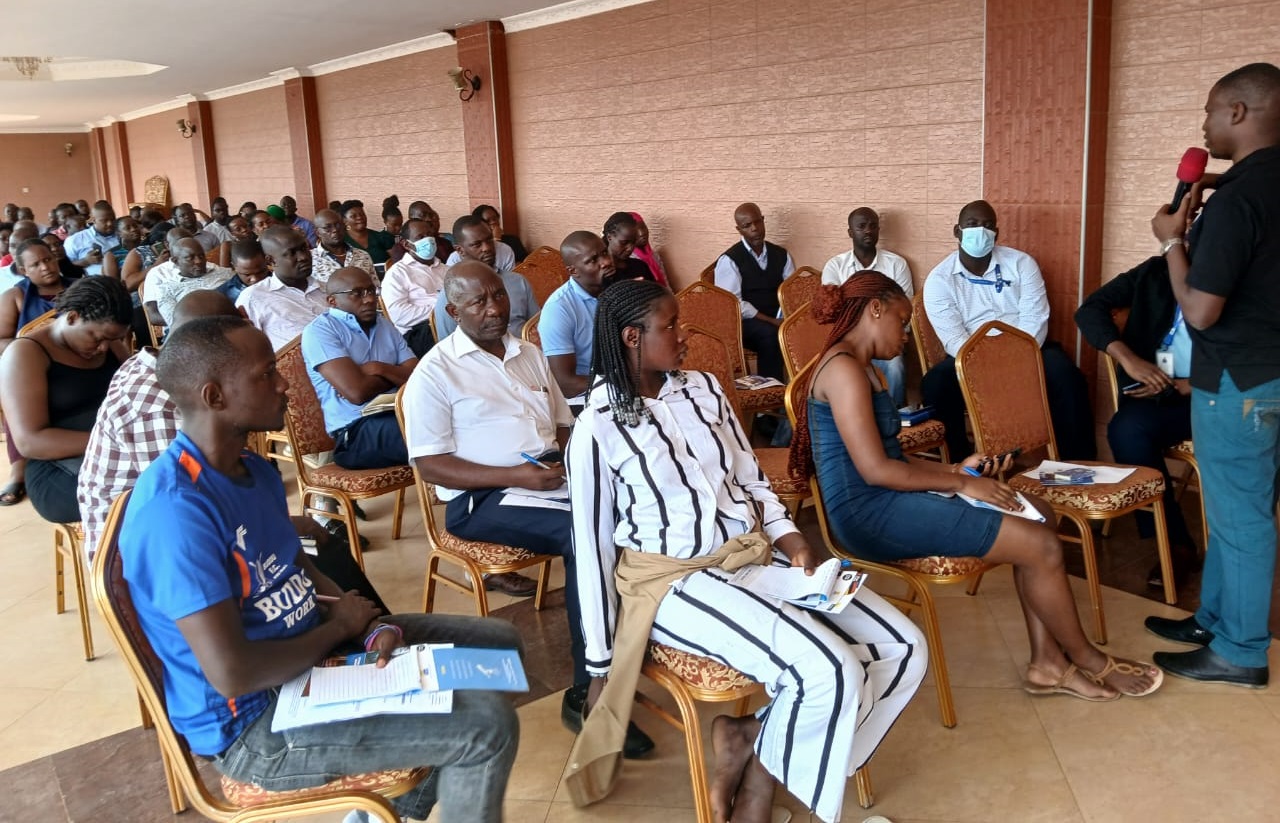
Uganda Revenue Authority has clarified that the valuation of goods in kilograms is aligned with international standards and conventions, such as the Harmonized System (HS) of tariff nomenclature.
This approach to valuation is used by the revenue body to determine the customs value of select goods including textiles and hardware products whose standard unit of measure is kilograms, as per the International Classification (HS Code).
This clarification was made by Simon Peter Lwanga a valuation expert at URA, during a meeting with traders of construction materials at the Biraj Hotel in Nakasero.
Simon acknowledged that valuing goods in kilograms can present challenges, particularly for goods that are typically imported as groupage cargo where they do not have the prerequisite documentation and exact weights.
He however emphasized the importance of accurate documents and the need for customs officials to consider the specific characteristics and trading practices of each commodity.
Traders have in the past raised concerns about this approach to valuation arguing that it increases the taxes.
Simon dispelled this notion stating that even if the international classification of an item differs from the mode in which it is sold by traders, the valuation or collection of taxes remains fair to the taxpayer even when valued based in kilograms as long as the right quantities are declared.
“Therefore, valuation in kilograms does not necessarily imply unfair taxation by URA,” he emphasized.
During the workshop, the traders were also sensitized on taxes that apply to the construction sector.
Andrew Bukenya a tax education expert shed light on value-added tax, emphasizing that businesses that meet the threshold of UGX150 million must be registered for VAT. He however clarified that businesses that do not meet the threshold can also voluntarily register for VAT.
Bukenya emphasized the importance of accurate and timely VAT return filing saying,” VAT-registered businesses must file their returns monthly, within 15 days of the end of the tax period.”
To ensure proper record-keeping and reporting of sales, he encouraged traders to utilize the Electronic Fiscal Receipting and Invoicing System (EFRIS).
This engagement is part of the ongoing tax education sensitization program within the Kampala Central Business District (CBD), which targets specific sectors to address specific needs.
By Joshua Muwonge
![]()





No Comments yet!